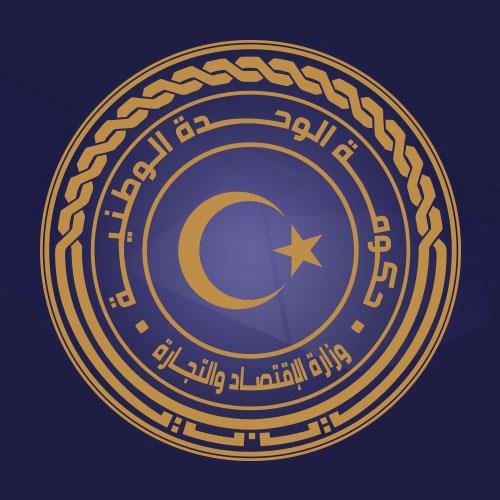By Nisreen Eisay.
Tripoli, 25 July 2023:
Libya’s political landscape has been tumultuous in recent years, with conflicts, violence, and instability leaving a significant impact on the country and its people. Amidst this backdrop, it becomes pertinent to understand what the Libyan people truly desire and whether they are eagerly anticipating elections as a pathway towards a more stable and prosperous future. However, a prevailing sense of political apathy has gripped the majority of Libyan society, with pressing concerns focused primarily on basic survival, leading many to question whether elections hold the key to resolving the country’s complex challenges.
The Quest for Livelihood
The Libyan population, like any other, aspires for peace, stability, and the opportunity to provide a decent living for themselves and their families. The prolonged periods of conflict and unrest have taken a severe toll on the everyday lives of ordinary Libyans. The focus of their day-to-day existence revolves around securing food, shelter, and basic amenities, making political discussions seem like distant abstractions.
Widespread Apathy Towards Politics
The average Libyan’s disengagement from politics can be attributed to a myriad of factors. Years of political turmoil have resulted in disillusionment and skepticism towards traditional political institutions. Many citizens feel alienated from a political process that has often failed to deliver tangible improvements to their lives. In such a climate, a sense of political apathy has set in, leading to widespread disinterest in participating in electoral activities.
Crippling Effects of Violence and Fear
One of the most significant barriers to political engagement in Libya is the pervasive atmosphere of violence and fear. Kidnappings, murders, and intimidation have created an environment where individuals are afraid to express their views, both online and offline. Social media platforms, once a space for free expression, have now become a source of danger for those daring to criticize the status quo or raise concerns about the ongoing challenges in the country.
Uncertainty Surrounding Elections
While elections are often seen as a democratic solution to political issues, Libya’s unique circumstances add an element of uncertainty. In a society deeply divided along tribal, regional, and ideological lines, holding elections without adequate preparation and national reconciliation could potentially exacerbate existing fault lines. The Libyan people, who are already grappling with numerous hardships, may be hesitant to place their faith in a political process that appears shaky and untested.
Moving Forward: Addressing Concerns
For Libya to navigate its way towards a more stable and prosperous future, several essential steps need to be taken.
Socioeconomic Development
Prioritizing socioeconomic development initiatives can address the pressing concerns of the Libyan people and help them see tangible improvements in their daily lives.
Reconciliation and Dialogue
Building a platform for national reconciliation and fostering open dialogue between all segments of society can help heal divisions and promote unity.
Security and Stability
Establishing and maintaining a secure and stable environment is crucial to restoring trust and confidence in the political process.
Political Education
Encouraging political education and engagement can empower citizens to be active participants in shaping the country’s future.
The Libyan people’s yearning for a better life and concerns about their immediate survival overshadow their engagement with politics. In such an environment, holding elections may not be the panacea to address the country’s complex challenges. Before elections can be seen as a viable solution, the issues of violence, fear, and disengagement must be tackled.
Libya’s path to stability requires a multifaceted approach that focuses on addressing the basic needs of its citizens while fostering a conducive environment for political engagement and dialogue. Only then can the Libyan people’s voices be heard and their aspirations for a brighter future be fulfilled.
The views and analysis of the writer may not necessarily reflect those of Libya Herald’s.











